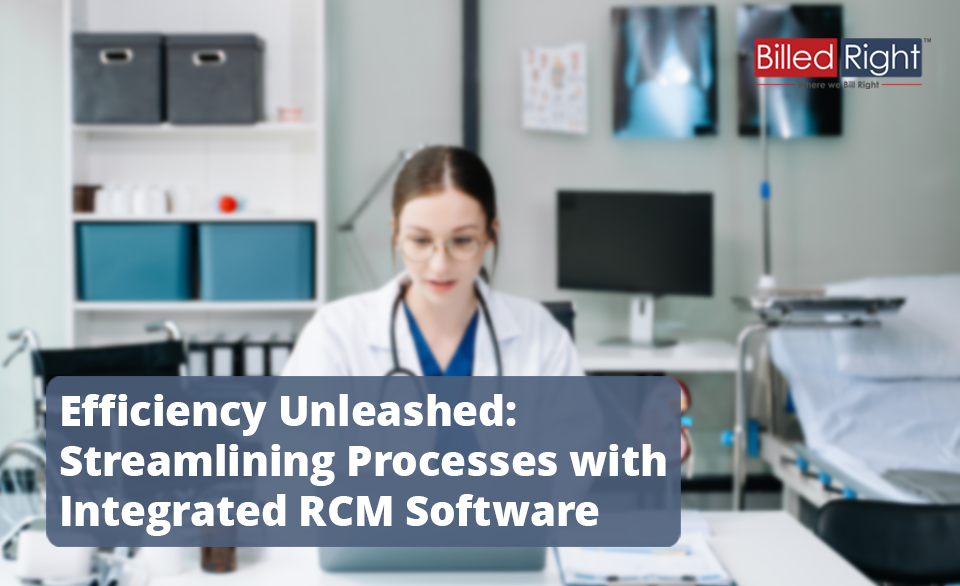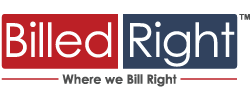Efficiency Unleashed: Streamlining Processes with Integrated RCM Software

Streamlining Revenue Cycle Management
Importance of Efficient Financial Management in Healthcare
Effective financial management is critical for healthcare organizations. It ensures that they maintain their operational efficiency and can continue providing quality care to patients. The revenue cycle comprises a complex series of processes that healthcare providers must navigate to capture revenue from patient services. These include patient registration, charge capture, claims submission, and payment posting.
An efficient revenue cycle management (RCM) system helps healthcare facilities optimize their operations, minimize delays in payment, and reduce claim denials. This significantly impacts overall financial health, enabling organizations to invest in resources that enhance patient care.
| Key Aspects of Financial Management | Importance |
|---|---|
| Revenue Capture | Ensures all services provided are billed correctly |
| Cash Flow Management | Keeps operations running smoothly |
| Compliance | Adheres to regulations and decreases risk of audits |
| Cost Control | Optimizes expenses to increase profitability |
Healthcare organizations that focus on an efficient financial system benefit from improved service delivery and strengthened relationships with patients and payers. The importance of RCM in healthcare cannot be overstated, as it serves as the backbone of financial success.
Challenges Faced in Revenue Cycle Management
Despite the significance of RCM, healthcare organizations encounter various challenges in managing their revenue cycles. The integration of RCM software can address many of these issues, but inadequacies in existing processes continue to hinder optimal performance.
Some common challenges include:
- Complexity of Processes: Revenue cycle management involves multiple stages which can be cumbersome to navigate. For instance, improper patient registration and pre-authorization can lead to delayed payments.
- Claim Denials: A high rate of claim denials from insurers causes revenue loss. Failure to correctly follow the claims submission process often contributes to this issue.
- Inefficient Charge Capture: Inadequate charge capture practices can lead to incomplete billing, affecting revenue inflow. Effective charge capture in RCM is essential for maximizing revenue.
- Lack of Real-Time Data: Many facilities lack real-time visibility into their financial processes, limiting their ability to make informed decisions.
The complexities and obstacles of RCM highlight the need for improved systems and processes. By addressing these challenges, healthcare organizations can enhance their performance and better serve their patients, ultimately leading to a more sustainable financial future.
Benefits of Integrated RCM Software
Organizations that implement the integration of RCM software can experience substantial benefits. These advantages include enhanced workflow efficiency and improved accuracy and compliance.
Enhancing Workflow Efficiency
One of the primary benefits of integrated Revenue Cycle Management (RCM) software is the optimization of workflow efficiency. By automating various processes, healthcare organizations can significantly reduce the time and effort spent on administrative tasks.
The integration of RCM software allows for seamless communication between different departments, ensuring that information is readily available when needed. This connectivity reduces delays and accelerates the overall revenue cycle, leading to faster revenue realization.
A comparison of workflow efficiency before and after the implementation of integrated RCM software is shown below:
Improving Accuracy and Compliance
Another significant advantage of adopting integrated RCM software is the improvement in accuracy and compliance. Accurate data entry is critical for ensuring timely claims submissions and minimizing denials. RCM software automates this process, reducing human errors associated with manual entries.
Moreover, integrated RCM software often includes features that keep healthcare providers updated on compliance regulations, ensuring that all billing practices adhere to the latest standards. By utilizing such systems, organizations can mitigate risks related to non-compliance that could lead to financial penalties.
With improved workflow efficiency and enhanced accuracy, healthcare professionals can focus more on patient care rather than administrative burdens.





